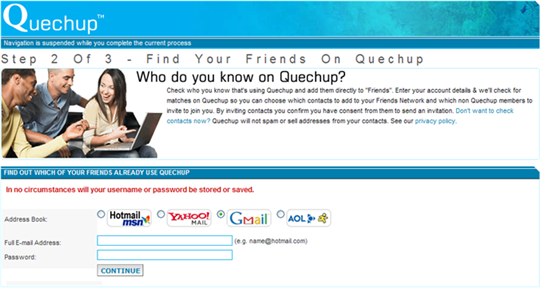Spock’s got an interesting take on people search. They troll social networks for profiles. In other words, Spock aggregates content from LinkedIn, MySpace, Facebook, et. al., and blends it with user generated comments, posts, pictures, etc… Anyone is free to append to someone else’s profile.
One of the public databases that Spock taps into are records of political contributors. Political affiliation is an interesting facet of some peoples lives. I find it useful to know what side of the political fence they’re on before meeting them. I’m not sure that everyone wants to show their affiliation so openly, but that’s the price we pay for transparency.
A bigger question is what will drive traffic to Spock? It’s this… in 2007, it’s up to you to police your public profile. People will visit Spock just to vet their aggregated record. You assumed that your profile was going to be shared with only classmates when you joined Facebook, but that rule melted more quickly than the polar ice cap. Now that some social networks offer APIs that expose profile data you are open to the world.
To Spock’s credit, their privacy policy summarizes social networking dos and don’ts regarding privacy:
- Never display personally identifiable information on your profiles such as home address, phone number, birth date, social security number, or email address.
- If you do not want your profile to be indexed by search engines, make your profile private. Most social networks allow you to make your profile private in their account settings page.
- If other search engines (Google, Yahoo, MSN) are displaying web search results that are inaccurate or reveal personally identifiable information, please work with the search engine directly to remove those results from their index and work with the source website to remove your information.
- Never give out personally identifiable information in public online discussion groups, blogs, or chat rooms.
Spock’s ambition is to index everyone on the planet. I guess social networks are a good place to start, but it begs the question. When will digital social networking reach 100% global market penetration?














